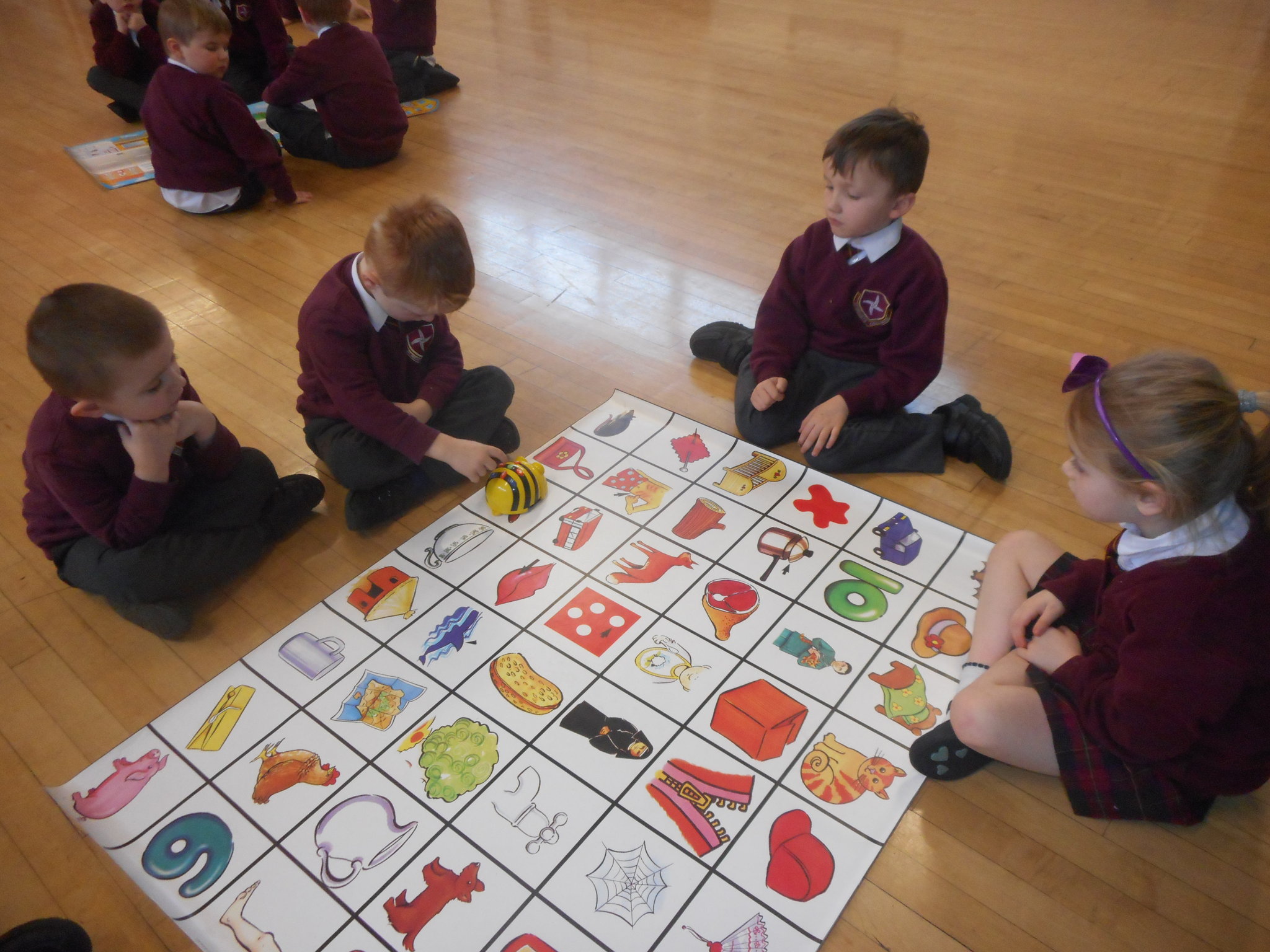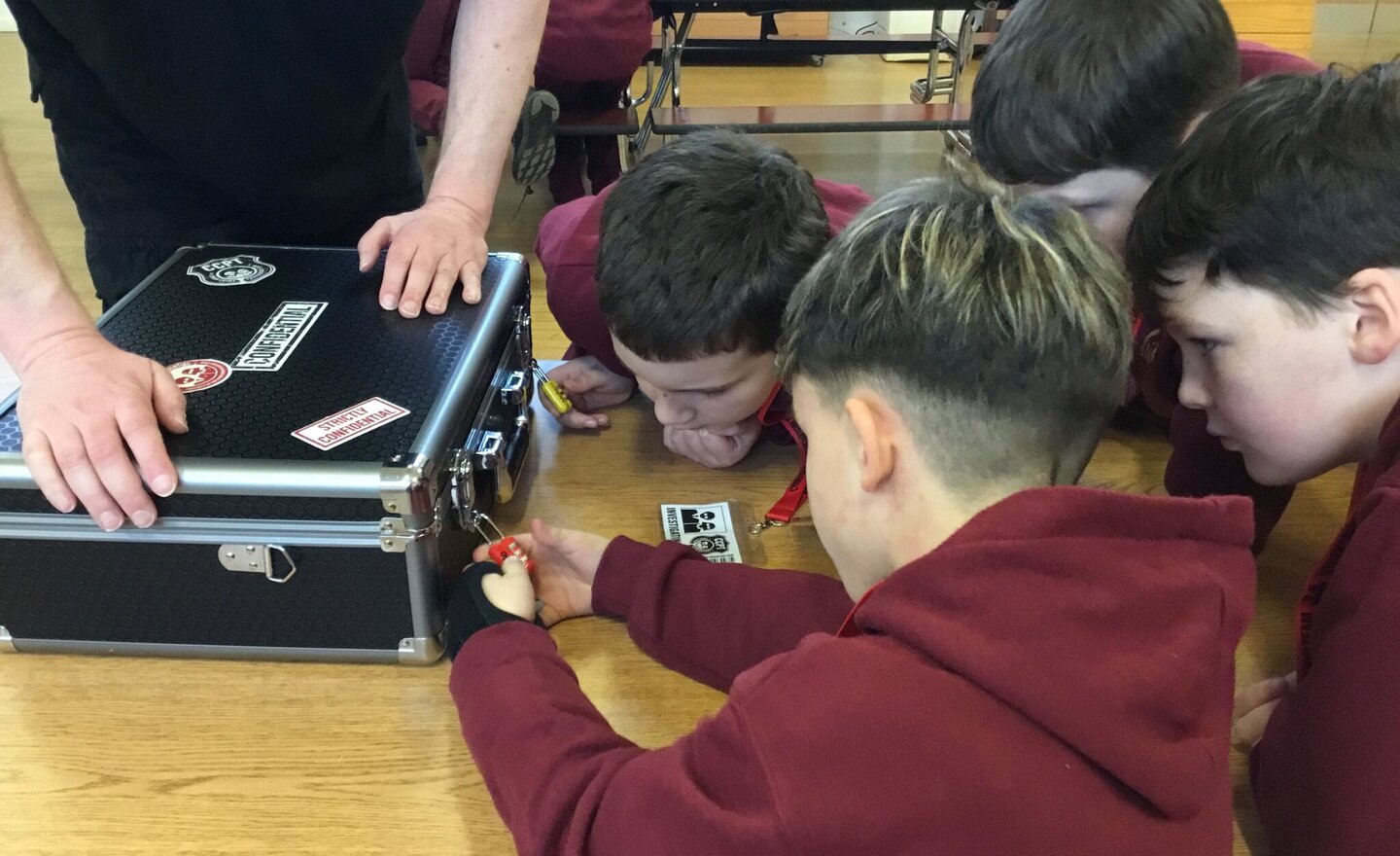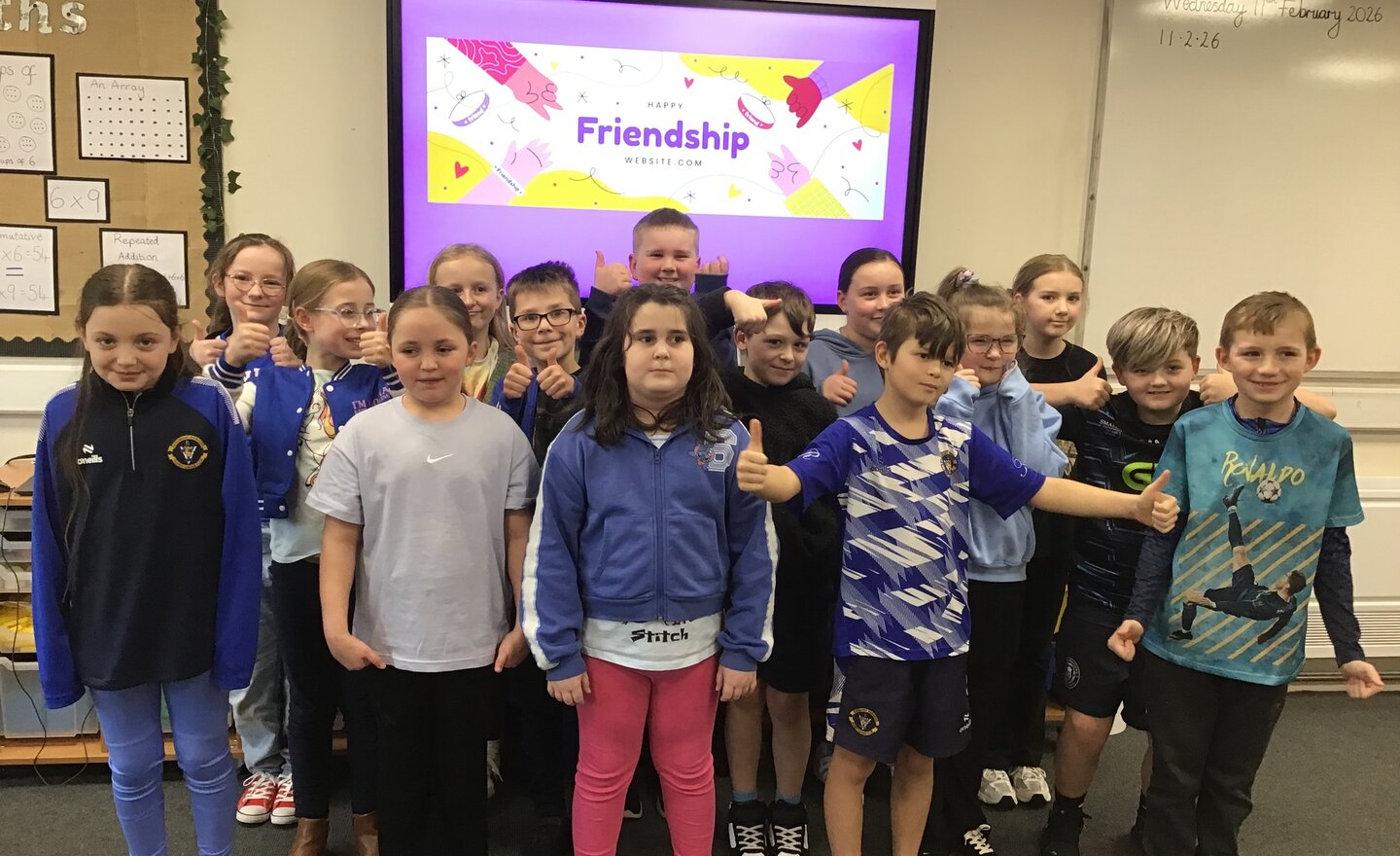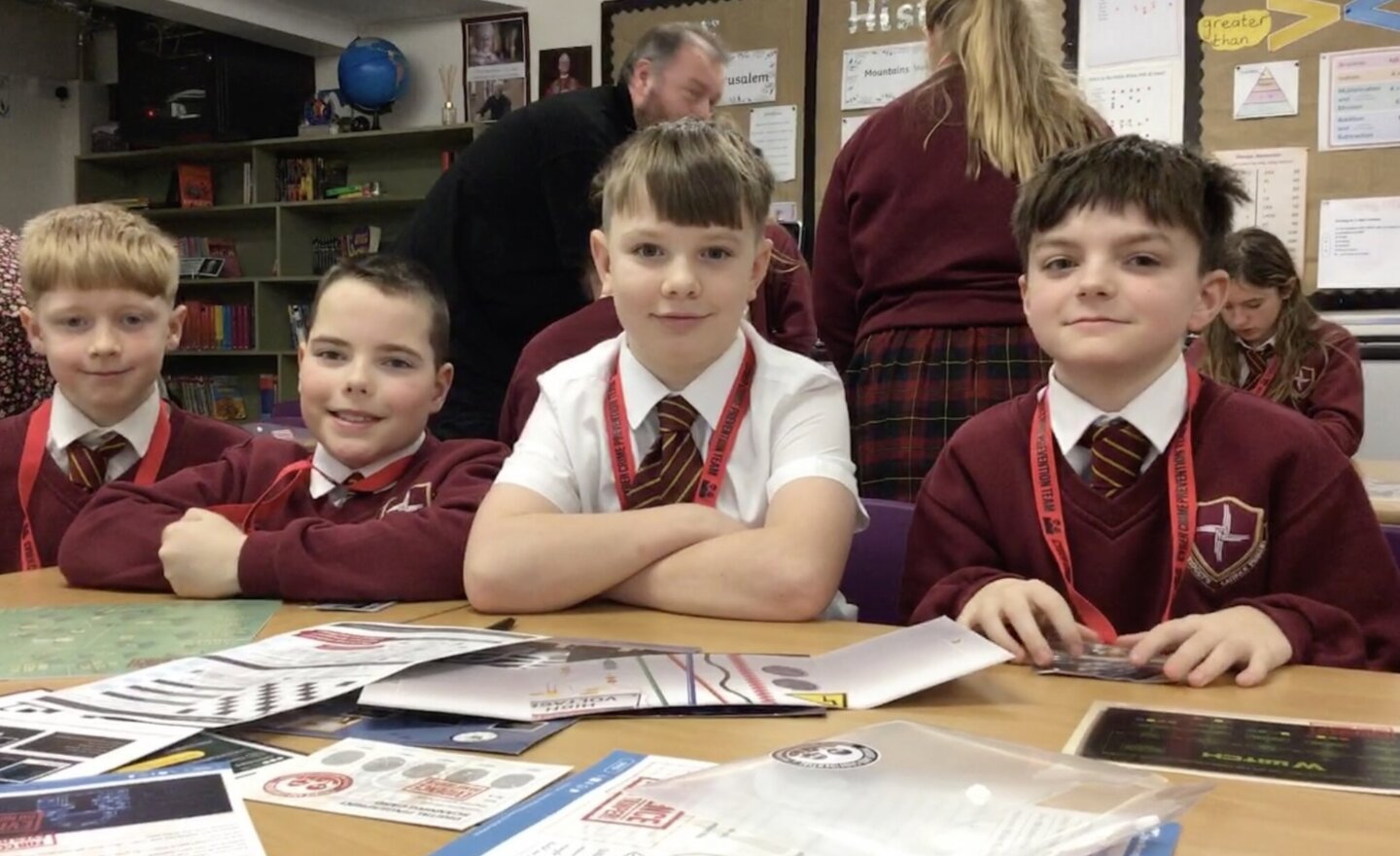Our Vision
St Bridget’s Catholic Primary School is committed to delivering the three strands (Computer Science, Information Technology, Digital Literacy) of the Computing curriculum to ensure our pupils can thrive in an increasing digital world. Pupils learn the principles of Computer Science and develop the skills to create their own applications. We want our pupils to create meaningful projects throughout their time and have ownership over what they create.
By the time children leave St Bridget’s Catholic Primary School, we want all our children to be fully aware of the significant risks (and benefits) of the internet and to know how to safeguard themselves in this area. We want every child to have a thorough understanding of computer science and to be ‘digitally literate’ so they can use, express and develop their ideas through digital technology.
Our Aims
- To develop children’s confidence in using a range of technology
- To encourage children to become independent and responsible users of technology, recognising opportunities and risks and using strategies to stay safe online
- To enable children to use and apply their computing knowledge, skills and understanding confidently in their learning and in everyday contexts, transferring these skills across other areas of the curriculum
- To provide pupils with the skills they need to and an awareness of how technology can help them
- To enable children to recognise that computing affects the way in which people live and work safely
- To develop the understanding of how to use computing safely and responsibly
Our Curriculum
Early Years
In Early Years, Nursery and Reception follow the objectives from the Technology strand of the Early Years Foundation stage Curriculum. Technology plays a key role in all areas of the children’s development, helping them to make sense of the world around them and their life experiences. Technology also plays a role in supporting early communication, language and literacy and is where the children begin their journey in becoming ‘digitally literate.’ It is essential for our children to learn about technology and its role in the world in which we live. The children have access to a variety of resources such as interactive whiteboards, electronic toys, BeeBots and iPads, allowing children to explore their own ideas of computing and technology through play. They also use a variety of apps to enhance their learning, which they use independently as they reach their Early Learning Goals.
Key Stage 1
In Key Stage 1, our children build on the basic skills they gained in the Early Years Foundation Stage. They are introduced to the purposes of different programs, such as spreadsheets, through the application of ‘Purple Mash.’ The children are encouraged to utilise their computational thinking through implementing coding, debugging and algorithms as well as build their own mazes and animated stories. Online safety is at the forefront of learning in Key Stage 1 with children learning when and how to report inappropriate content as well as being taught about the safe sharing of information online. Children learn how to search the internet effectively and safely to support them in their learning.
Key Stage 2
As children enter Key Stage 2 they will have a secure foundation of knowledge and skills on which to build on, develop and refine. They start to use a wider range of programs in ‘Purple Mash’ and explore, create, develop and understand databases. They move on from creating and debugging simple programs and begin to advanced programming and sequencing, developing increasingly sophisticated algorithms. Children also develop knowledge and skills in building effective games, websites and blogs. Online safety continues to be at the forefront of learning. Children learn the importance of anonymity online; how to create content responsibility; the consequences of online behaviour and about acceptable usage.
Enrichment
Our computing curriculum is enhanced with banks of iPads and the use of the Purple Mash Digital Leader scheme. Digital leaders are trained to help support the teaching and learning across the school and to promote understanding, enjoyment and the safe use of technology. The opportunity to attend an after school computing club is offered to children and enables them to further develop or learn new skills. Our Year 6 pupils attend a ‘Jobs in the Community’ fair where they are introduced to the world of work and learn about possible career paths in a range of sectors such as engineering, science, hospitality, public sector, etc. Every year the whole school celebrates ‘Safer Internet Day’ and ‘Anti Bullying Week.’
Computing Curriculum Overview
Related News
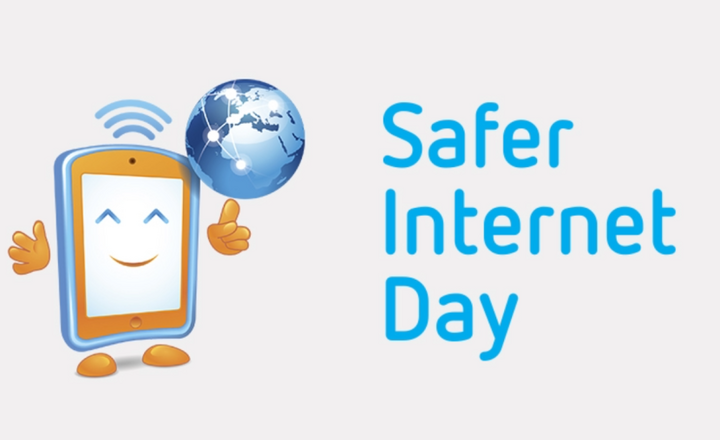
Safer Internet Day 2025
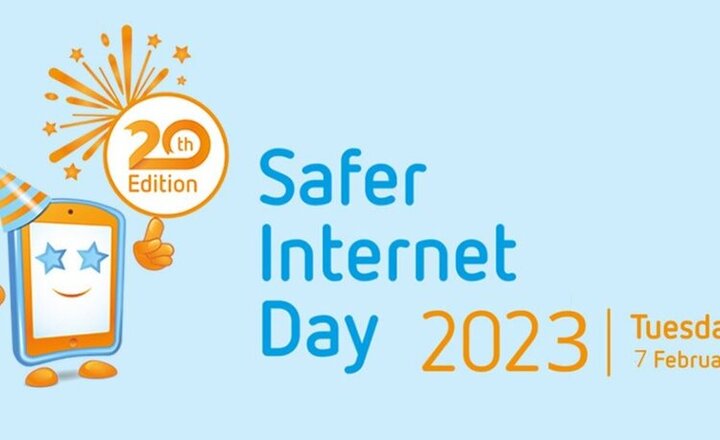
Safer Internet Day, Tuesday 7th February 2023
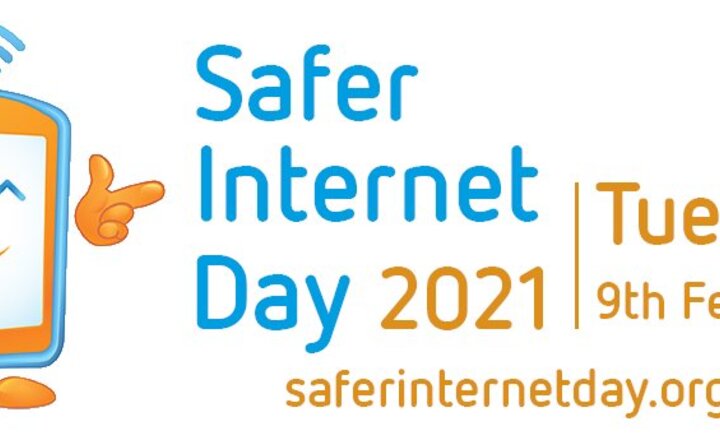
Safer Internet Day 2021
Related Blog Posts
Year 5 STEM Cyber Security Workshop
Year 5 had an exciting and inspiring workshop delivered by STEM Ambassadors from Sellafield Ltd as part of Internet Safety Day. The session focused on the STEMFirst Cyber Fairy Tales Challenge, giving children the opportunity to explore the world of cyber security in a fun and interactive…
Year 4 Children’s Mental Health Week
What a busy and positive week we’ve had celebrating Children’s Mental Health Week!
Fore Safer Internet Day, the children explored the good and bad sides of Roblox. They worked in groups to discuss online safety before presenting their ideas to the class. The children also created colourful…
STEM Cyber Fairy Story Mission Y6
Year 6 had an exciting and inspiring workshop delivered by STEM Ambassadors from Sellafield Ltd as part of Internet Safety Day. The session focused on the STEMFirst Cyber Fairy Tales Challenge, giving children the opportunity to explore the world of cyber security in a fun and interactive…
